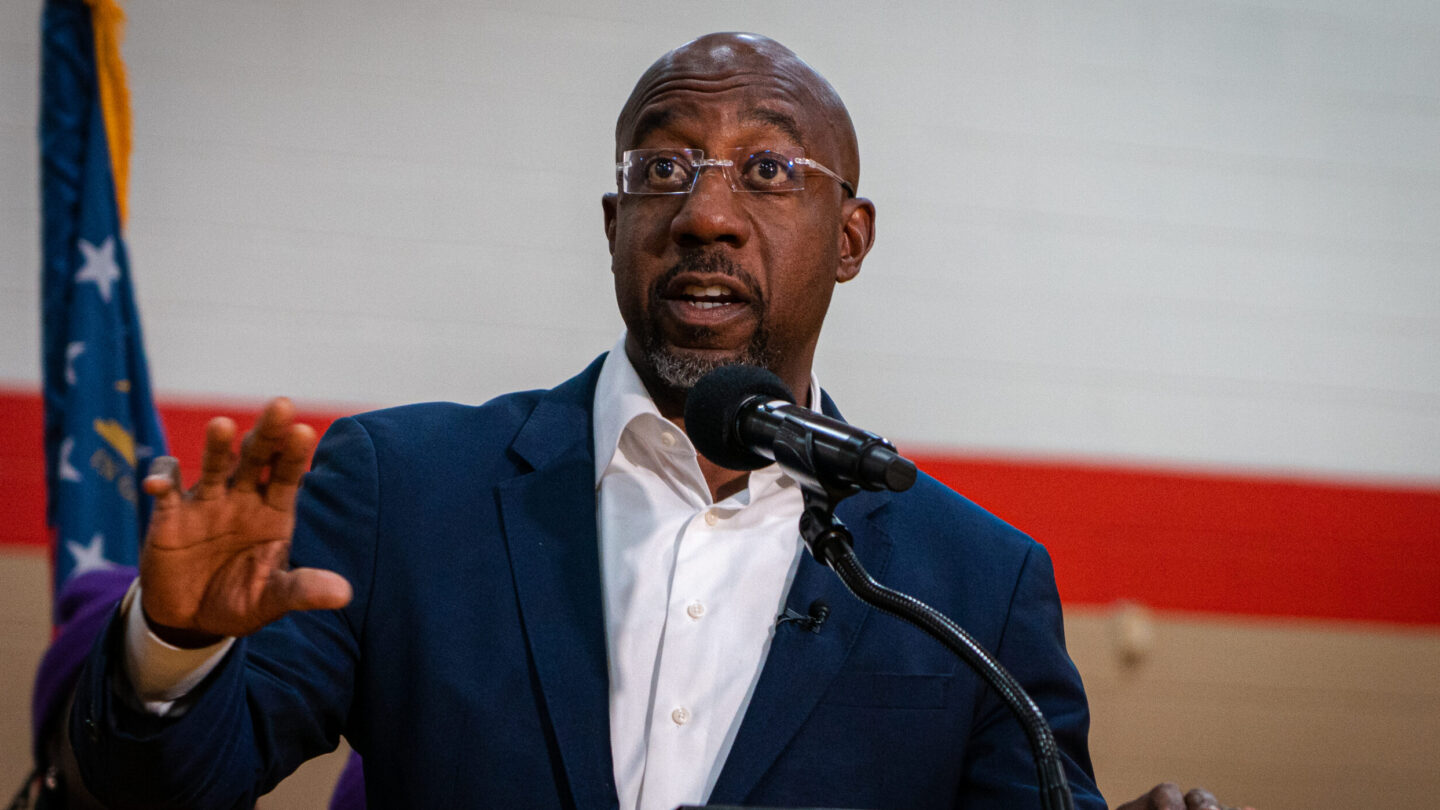Georgia U.S. Sen. Raphael Warnock is pressing the Consumer Financial Protection Bureau to finalize a change that would keep most medical debt off credit reports.
Warnock joined Ohio Sen. Sherrod Brown, who is the outgoing chair of the Senate Banking, Housing and Urban Affairs Committee, to pen a letter emphasizing the importance of finishing the job on a suite of changes first proposed in June.
“Finalizing the rule would protect families and keep them from being unjustly penalized for seeking medical care,” the pair wrote in the letter sent Tuesday.
The bureau proposed rules this summer that would eliminate medical debt from most credit reports, prohibit consumer reporting agencies from sharing medical debt information with creditors, and ban the repossession of medical devices like prosthetics.
“Medical debt is often unanticipated. It’s unplanned, and it can be high, even if someone is insured,” Warnock said at a committee hearing Wednesday. “In a word, it’s something that could happen to any one of us. It can happen to anybody.
“Medical debt also disproportionately affects those living in states like Georgia, where Medicaid has not yet been expanded,” he added.
The push to finalize the rules comes a month after an election where Democrats lost the White House and control of the U.S. Senate. Republicans will also maintain a majority in the U.S. House, giving the GOP the trifecta for at least the next two years.
The election results led some Republican members of the Senate Banking, Housing and Urban Affairs Committee to question the bureau director, Rohit Chopra, about his future during Wednesday’s hearing. The incoming committee chair, South Carolina Republican Sen. Tim Scott, has also pressed the bureau to “cease all rulemaking activity.”
Chopra pushed back, saying he did not think it made “sense for the CFPB to be a dead fish.”
“I hope you can see that consumer protection is really not something we should fight about, but something that we guard against together to make sure that people can have a fair marketplace,” Chopra said Wednesday.
Scott and others pressured Chopra to resign once President-elect Donald Trump in augurated on Jan. 20.
Chopra was appointed in 2021 to serve a five-year term but also acknowledged Wednesday that he serves “at the pleasure of the president.”
The specific rule dealing with medical debt also faces concerns from Republicans, with some senators saying the changes could make it harder for people to receive treatment. Alabama DOP Sen. Katie Britt cited concerns about the potential impact to cash-strapped rural hospitals.
“If more of our rural hospitals close their doors, it’s going to leave thousands of people without medical care within hours of their home,” Britt said.
Chopra said his agency has found systemic problems with the accuracy of medical bills, particularly the ones reported to credit agencies. And he said medical debt has not proven to be predictive of a person’s likelihood of repaying loans, like a home mortgage.
But Chopra said including medical debt in a person’s credit report can create real barriers for the individual.
“We’ve seen scores go down artificially, pushing up the price to borrow for a home, and in some cases, blocking a person from maybe even getting an apartment or a job,” Chopra said.
Chopra said much of the rule has already been implemented voluntarily, with the three credit reporting agencies – Equifax, Experian, and TransUnion – agreeing last year to stop reporting any medical debt under $500. But Chopra said there are debt collectors who “weaponize” the data to force people to pay debts they do not owe.
The bureau reported in June that 15 million Americans had about $49 billion in outstanding medical bills in collections appearing in the credit reporting system.
“We have looked at every single concern,” Chopra said of the pushback to the changes. “We want to protect our rural hospitals. We want to protect access to health care and credit, but we think this is a very wise path forward as we continue to look to finalize it.”








